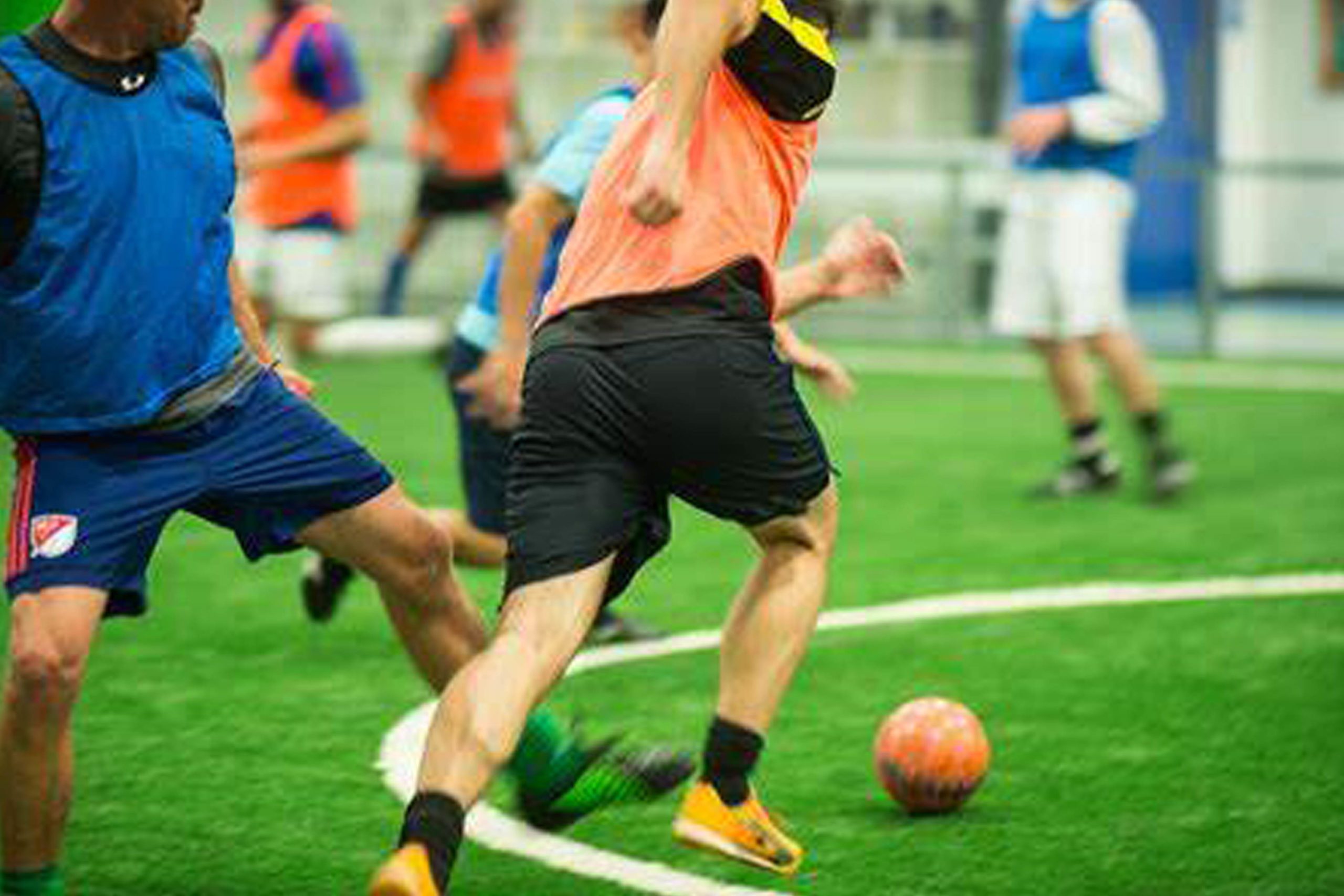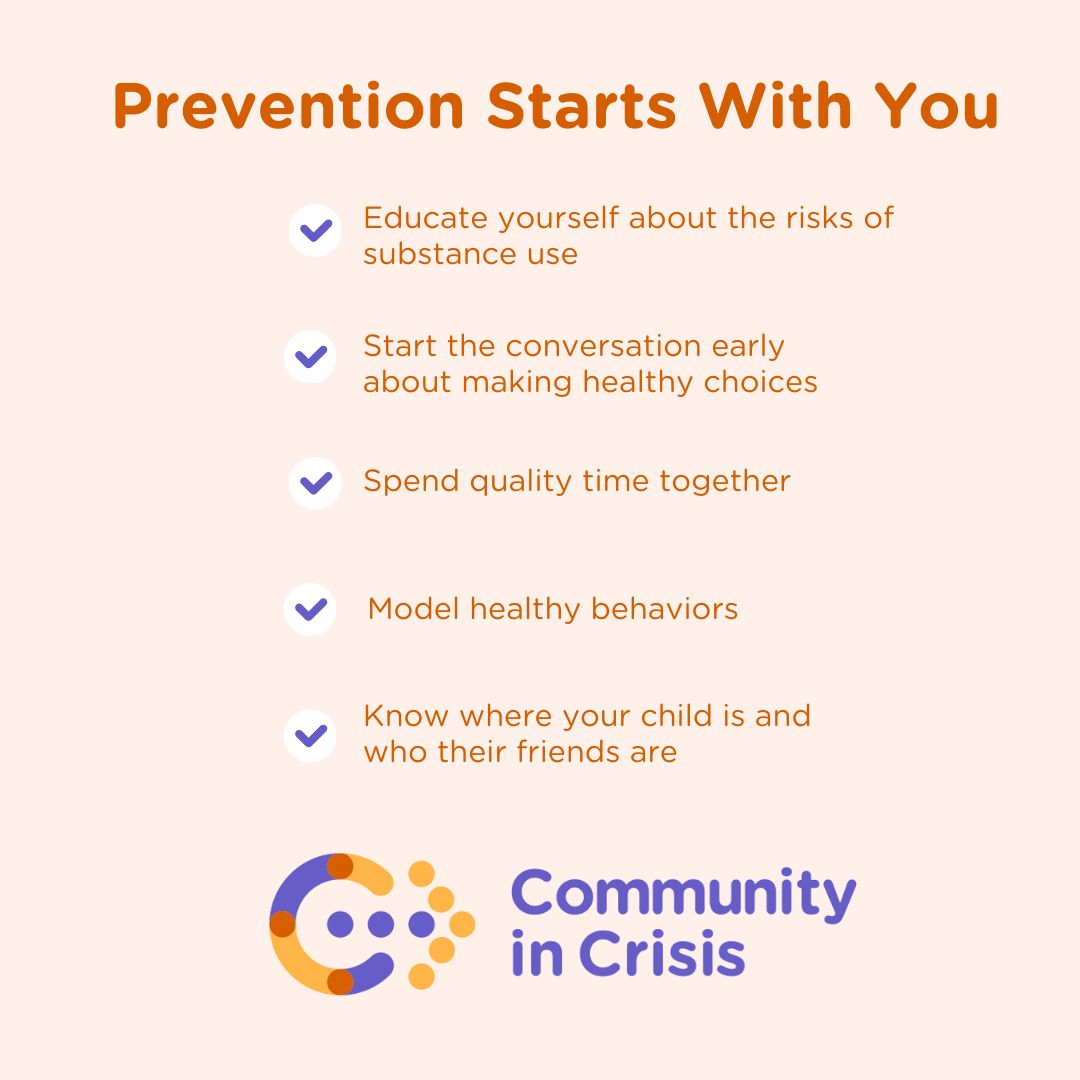
Beyond the Buzz: Recognizing the Seriousness of Youth Alcohol Risks
Navigating the Slippery Slope of Alcohol Consumption
It is crucial to raise awareness about the risks of alcohol consumption among teenagers and encourage responsible drinking habits. The teenage brain is more susceptible to the negative effects of alcohol, and early prevention and education can help protect their long-term brain health and overall well-being.
How Does Alcohol Affect the Teen Brain?
Alcohol can have a significant impact on the developing teenage brain, as adolescents’ brains are still maturing and undergoing critical changes. Here are some of the ways alcohol affects the teenage brain:
- Impaired Brain Development
- Memory and Learning
- Decision-Making and Impulse Control
- Emotional Regulation
- Increased Vulnerability to Addiction
- Disruption of Reward System
- Long-Term Consequences

Alcohol and Athletes
Athletes are often encouraged by their peers to consume alcohol or use other substances to celebrate a win or dull the pain of defeat. But they should know what it does to their body:
- Dehydrates you, which increases risk ofcramping and injury
- Slows the building of muscle afterstrength training
- Worsens decision-making process andresponse time
- Weakens gameday performance andslows recovery
- Impairs balance, reaction time, accuracy,and endurance
- Contains excessive sugar, like substitutingcandy for your pregame meal
- Hangovers lead to increased anxiety
Did you know about NJ's Good Samaritan Law?
The New Jersey Good Samaritan statute, titled the Overdose Prevention Act, encourages and protects bystanders, including doctors and paramedics, at an accident scene to render assistance to someone in need without fear of being sued if things go wrong. More specifically, it states in part:
“A person who, in good faith, seeks medical assistance for someone experiencing a drug overdose shall not be: arrested, charged, prosecuted, or convicted for obtaining, possessing, using, or being under the influence of a controlled dangerous substance.”


